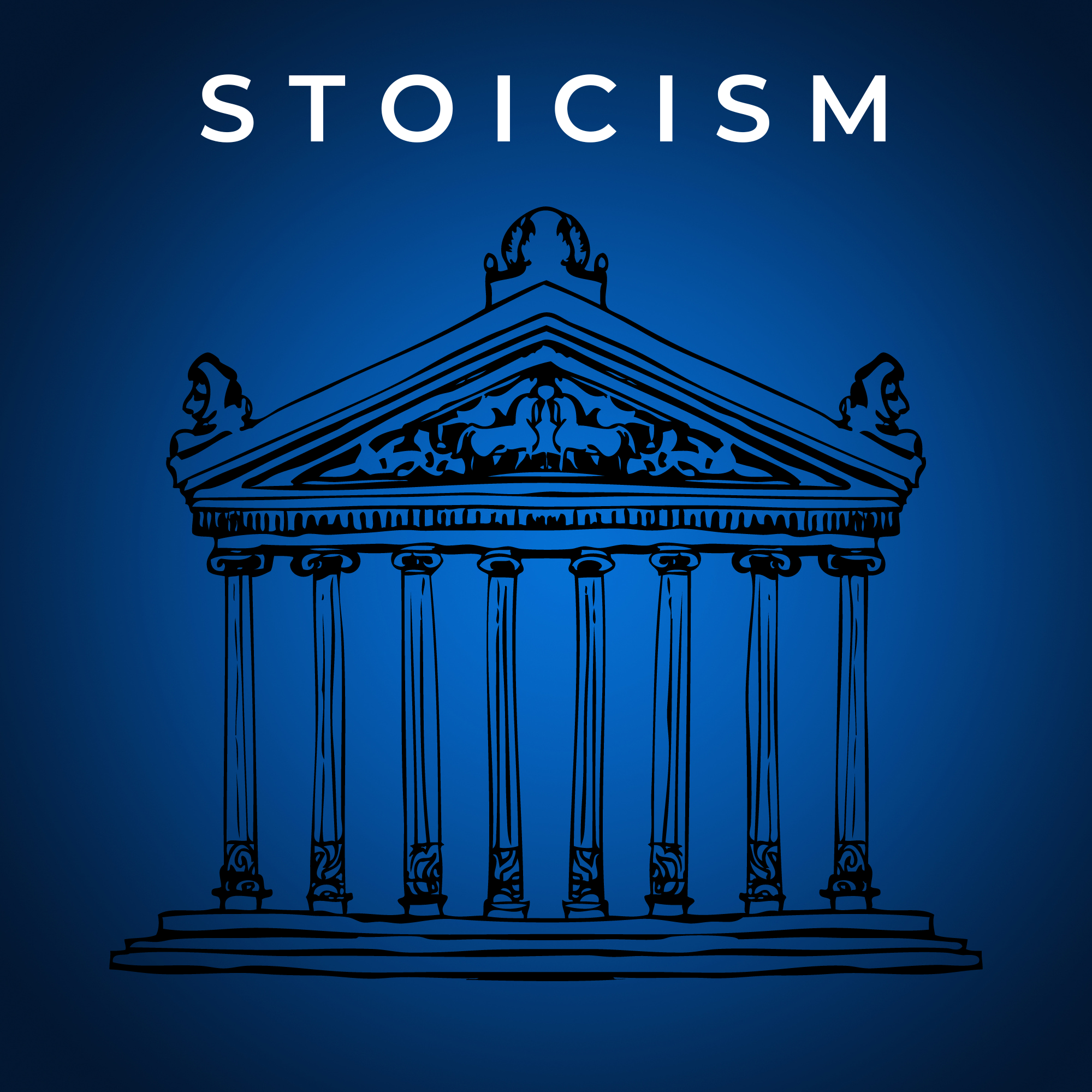
The Stoic’s View on Connecting with Nature
Connecting with nature is not a new thing. People from the very beginning have recognized the beneficial effects that nature has had on us. The stoics understood the benefits of nature as well. Today we are going to discuss what stoicism teaches about nature.
There’s a few things you should know about stoicism before we continue. Stoicism as a philosophy started long before many terms like “mental health” became popular. So, although the philosophy of stoicism can be helpful in this area, this was not a stoics primary focus. Also, a lot of people may think that meditation and stoicism go together, but this is not true. The stoics did not meditate in the traditional sense of meditation, what they did was self-reflection and developing a deep understanding of ones self. They valued analysis, logic, and understanding more than they valued mental health and meditation.
However, the stoics absolutely did recognize the benefits of connecting with nature. They acknowledge that nature was beautiful and they recognize the importance of being in awe of the grandeur of nature. To them, they saw nature as a place that brought the feeling of tranquility and peace. So, even though they may not have actively sought out being in nature physically, they valued it. The stoics saw being in nature as a place conducive to self-reflection. So if a stoic had the opportunity, they would probably choose to do inner reflection in nature rather than in civilization.
Everything is interconnected
The stoics also believe that there was value in observing nature to learn life lessons. They saw everything as interconnected, so a stoic would watch and observe nature so that they could learn life lessons. They saw nature as a great teacher. In addition, some viewed nature as a manifestation of divine intelligence. Basically, they saw it as a way to observe the structure of the universe. They believed that nature operated according to rational laws and that by observing and understanding nature, one could gain insights into the natural order of the world.
It’s important to remember that the stoics did not have any specific beliefs or rituals regarding nature, rather they enjoyed the peace that it brings.
Connecting with Nature is More Than Being in Nature
For the Stoics, nature was not only the physical environment but also the fundamental principles and laws that govern the universe. In other words, nature was seen as human nature, laws of science, and more – anything that had to do with the structure of how the world was supposed to operate. To the stoics, connecting with nature in this way was a very important part of their philosophy. Let’s look at some of the fundamental principles and laws that the stoics studied from nature.
Unity in All Things
The stoics believed that everything and everyone was inter-related and connected. They believed in the idea that everyone and everything plays an integral part in the whole of the universe. This belief led them to be very conscious of the idea of the greater good of everyone. This perspective led them to value compassion, cooperation, and the well-being of the collective. By understanding the structure of nature, Stoics sought to align their own lives with the natural order. They thought that if they act in agreement with the laws of the universe, life would be easier for them. They believed that living in accordance with nature would lead to inner peace. In extremely simple words, they thought they could hack the matrix by following the rules of nature.
Logos
According to the Stoics, Logos is the fundamental principle and ordering force of the cosmos. It is the divine intelligence that directs all things. Logos is considered the rational structure holding the universe together. It manifests as the laws of nature, the patterns of cause and effect, and the inherent order that governs every aspect of reality. Some stoics viewed logos as the divine, while others saw it as logic and structure within nature.
At the heart of Stoic philosophy is the belief that human beings possess the capacity for rationality. This rationality represents a reflection of the divine Logos. The Stoics taught that individuals should cultivate their own rationality.
Logos also represents the morality that guides human conduct. They believed that the universe is designed to be ethical and that living with reason and virtue is in alignment with the divine Logos. By following ethical principles and aligning their actions with the laws of the universe, individuals could live a life of integrity, wisdom, and moral excellence.
The stoics believed that everything happens for a reason and that every event, whether favorable or unfavorable, is part of a larger cosmic plan. The concept of Logos encouraged Stoics to accept life as it happens and to maintain an attitude of mental calmness, recognizing that all occurrences are interconnected and serve a greater purpose.
To live in accordance with Logos, the Stoics emphasized the practice of virtue, self-discipline, and the cultivation of wisdom. They encouraged individuals to align their thoughts, emotions, and actions with reason and to embrace the inherent interconnectedness of all things. By embracing the Logos within themselves and recognizing it in the external world, Stoics sought to attain tranquility, inner peace, and a harmonious relationship with the cosmos.
Cycles of Nature
The stoics believed in the idea of impermanence – everything in life is always changing and never remains the same. They taught that by embracing impermanence, we acknowledge the temporary nature of all circumstances. Impermanence can be observed through nature as we watch the seasons change, as we observe the sun rising and setting, and we see the weather fluctuating. Observing the impermanence of nature is a valuable life lesson about letting go, embracing change, and finding beauty and wisdom in every phase of life.
The stoics taught that impermanence can be appropriately handled with acceptance, resilience, and adaptability. Just like a tree sheds leaves in the fall just to bloom again in the spring, we too can find strength in letting go of what no longer serves us and by embracing a new beginning.
Dichotomy of Control
Dichotomy of Control is a term used to describe a distinction made in stoicism between 1) What is in our control, and 2) what is out of our control. The Stoics taught that our thoughts, attitudes, judgments, desires, choices and actions are entirely within our control. They believed that everything else is outside of our control. The stoics believed that true peace could be achieved by aligning our inner selves with the natural order of the universe, rather than trying to control external circumstances.
Conclusion
Nature was important to the stoics. They saw beauty and wisdom in physical nature and they loved being in nature as it was a great location that was conducive to their self-reflection. However, connecting with nature was more than being in physical nature. It was aligning themselves with the natural logic and structure found within nature. The stoics really saw 2 options. 1) They could fight nature by trying to control things out of their control. 2) they could operate by the laws of nature and enjoy a peaceful life. Connecting with nature is an important concept in stoicism which is regularly overlooked today.
Resources
Connect with us!
-
- If you have enjoyed this article, you can get alerted to new articles and exclusive information by joining our email list. You can access this through the pop up on our home page. (You’ll also get a bunch of free stuff.)
- If you would like to keep learning, check out more of our articles!
